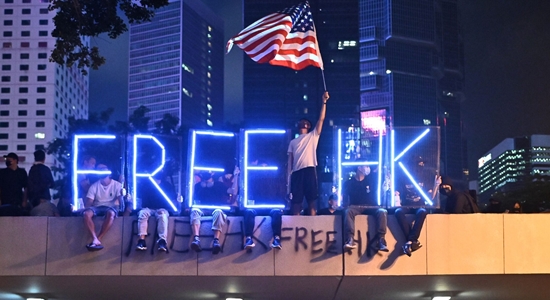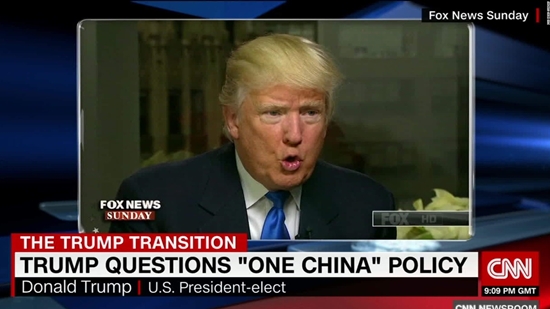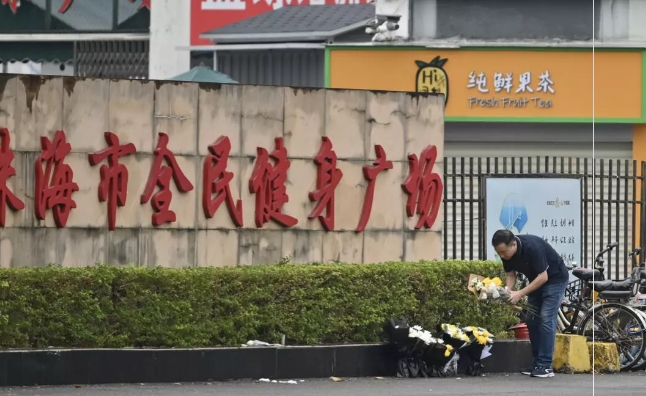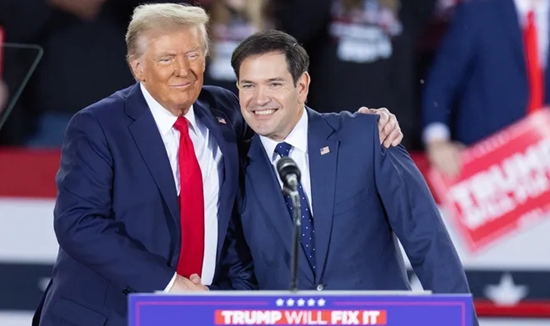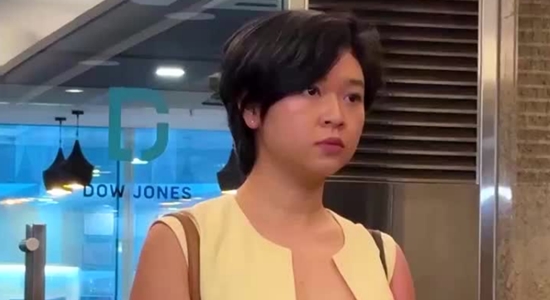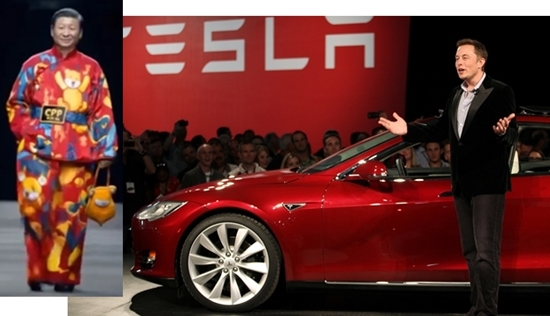
“The question is whether Musk will emerge as some kind of go-between for China’s officials and the White House,” says Jessica Sier (“Musk makes billions from China. How will that work now?,” Financial Review, November 15, 2024).
Good question. Musk won’t be the ambassador to China. Or secretary of state. Or secretary of defense. Or anything like that.
Trump wants Elon Musk and Vivek Ramaswamy to find ways to slash unnecessary federal spending and—if the initiative proves a serious one, more serious than previous initiatives to “cut waste”—also slash unnecessary parts of the federal government. Auspicious in this respect is the fact that Musk and Ramaswamy, who will be co-leading a proposed Department of Government Efficiency, are asking for the resumes of “small-government revolutionaries” who might join their team.
Blind spot
But Musk may have influence with Trump on matters unrelated to this task. And one of Musk’s blind spots pertains to his willingness to do business with and cooperate with and spin rationalizations for the Chinese Communist Party.
During the week, Trump wasted no time appointing three China hawks to his key foreign affairs and trade jobs. Mike Waltz as national security adviser, Marco Rubio as Secretary of State and Robert Lighthizer is in the running to oversee trade and tariffs.
All are harsh China critics; if Rubio is confirmed, he will be the first sitting Secretary of State under Beijing sanctions and banned from travelling to China….
“There is a very hawkish tone and these aides will certainly want to push the envelope and play the game with China in a way that may force it to defend its interests,” says Wu Xinbo, professor of the Centre for American Studies at Fudan University in Shanghai.
But the appointment of Musk, the founder of Tesla and SpaceX, to a powerful advisory role gives China watchers some hope. Musk has a relatively long and very profitable history doing business with China. And he’s likely to want to keep it that way.
Jessica Sier reports that Musk last year suggested with dismaying obliviousness that Taiwan assent to becoming a “special administrative zone” of China—which would lead to the annihilation of rights and liberties in Taiwan, as happened in Hong Kong, only much faster.
She also recalls that a couple of years ago Tesla “opened a showroom in Urumqi, Xinjiang’s capital, again facing criticism from human rights groups. The move came shortly after the US passed the Uyghur Forced Labour Prevention Act and was at odds with other Western companies pulling out of the region.”
Two sides?
Sier doesn’t mention another disturbing detail about Musk and the Uyghurs, one reported in Walter Isaacson’s biography of Musk.
Once, when Musk was being interviewed, he “said that Twitter would indeed have to be careful about the words it used regarding China, because Tesla’s business could be threatened. China’s repression of the Uyghurs, he said, had two sides. Weiss [a journalist] was disturbed. Finally, Bowles [another journalist] stepped in to defuse the issue with a few jokes. They moved on to other topics.”
What two sides? There are no two sides. The Chinese government’s treatment of the Uyghurs is evil.
Musk’s partner in the Department of Government Efficiency, Vivek Ramaswamy, not so long ago chastised his “unprompted call for ‘unification’ of Taiwan…. [I]t’s a real risk to the U.S. when the CCP turns our most prominent business leaders and celebrities…into puppets to advance their agenda.”
As Musk’s collaborator now, will Ramaswamy have the chance to try to convince him of a thing or two vis-à-vis China?
Also see:
StopTheChinazis.org: “Vivek Ramaswamy Rebukes Elon Musk”
StopTheChinazis.org: “Does Winnie the Pooh Prank Mean Musk Is Turning Against China?”
